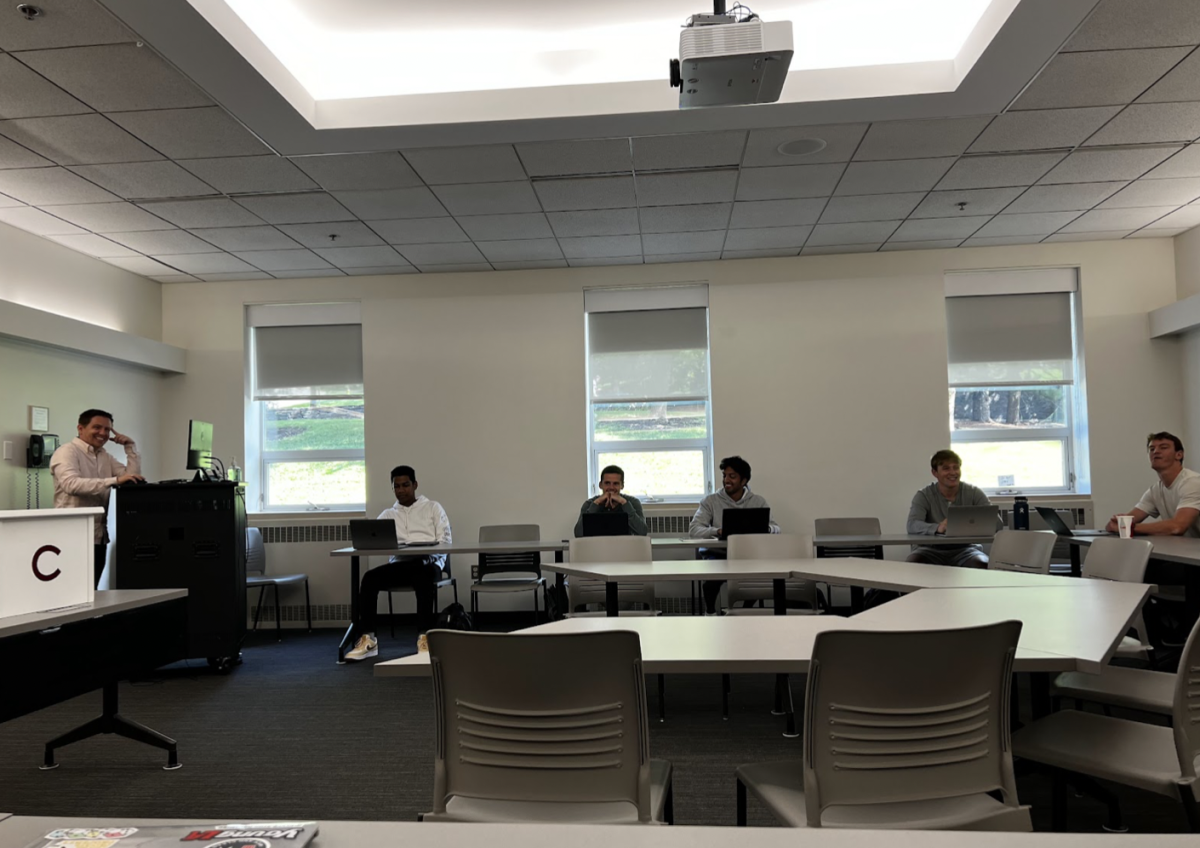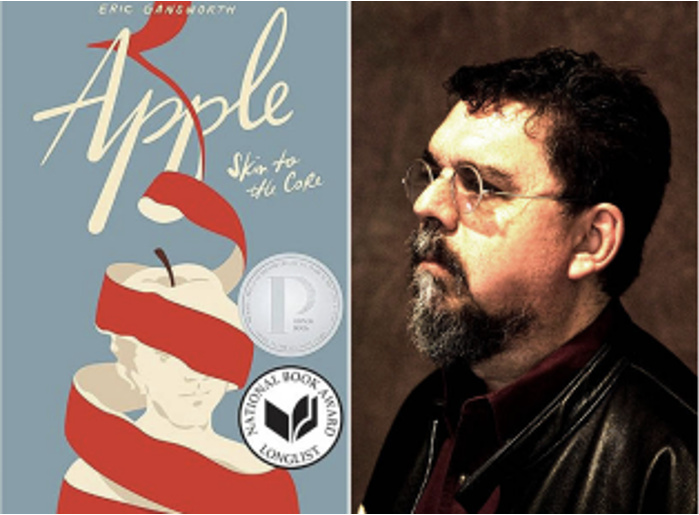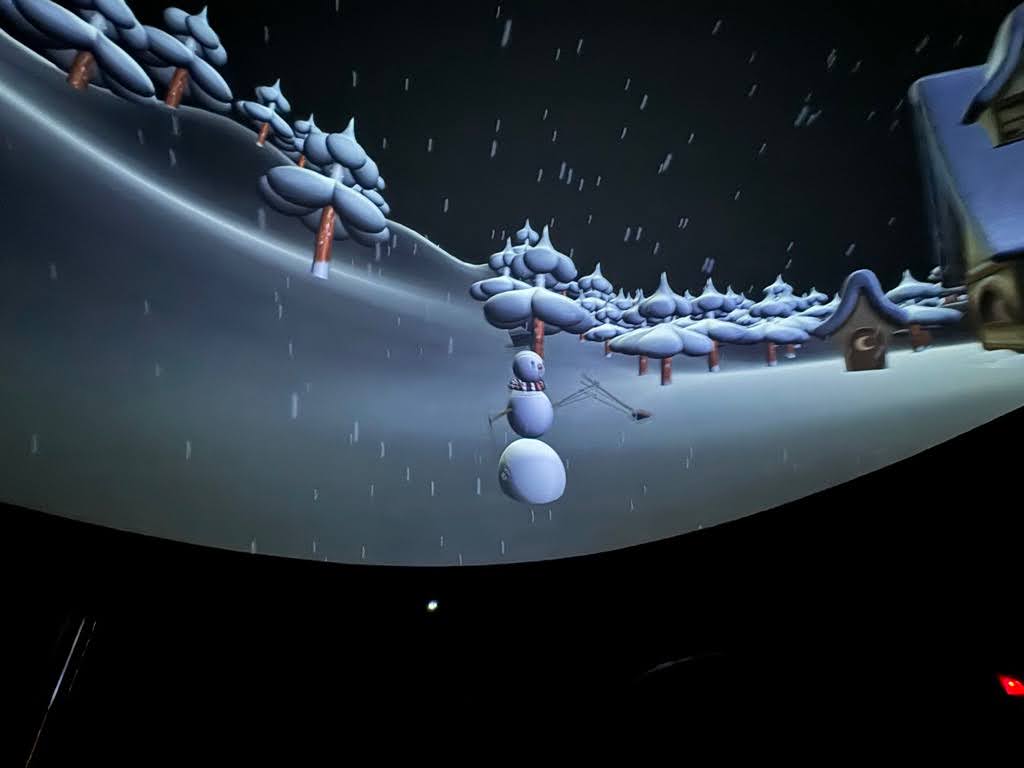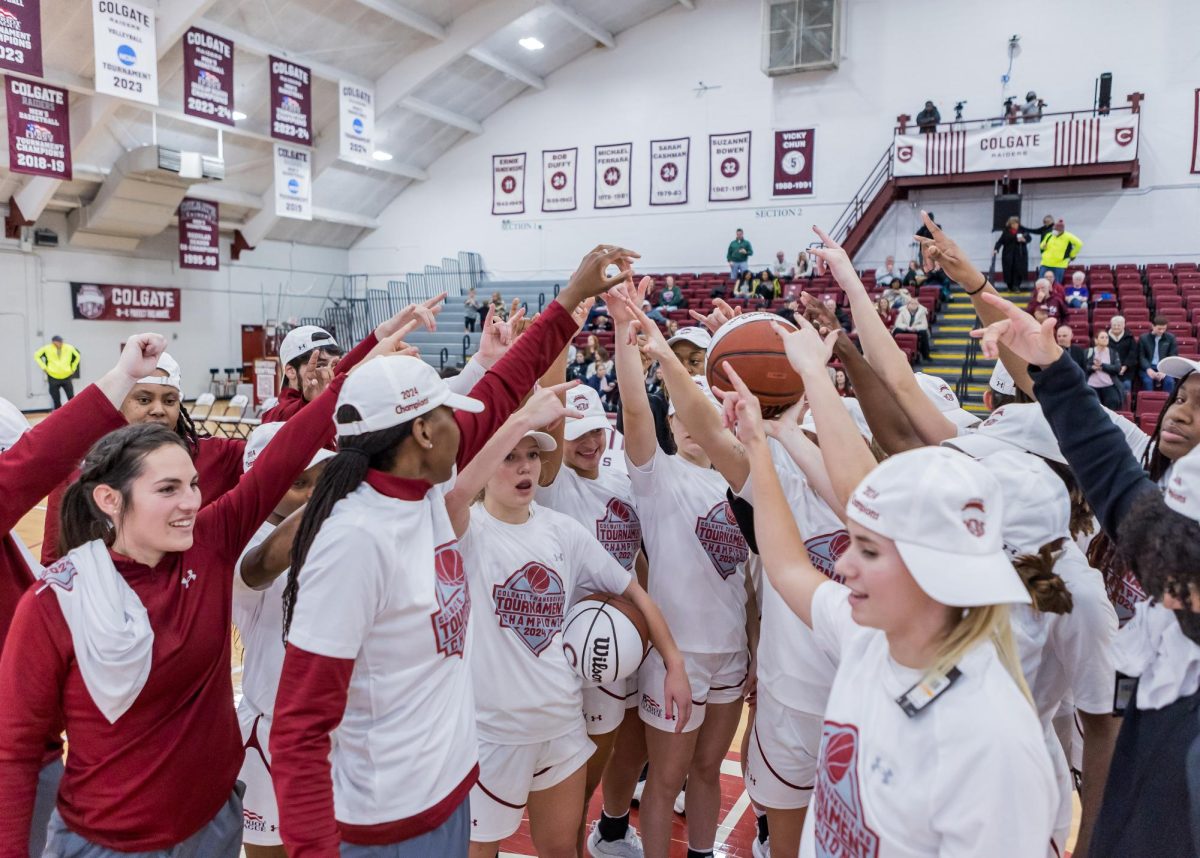Political Science is one of Colgate University’s most popular majors. The Colgate website states that in the political science major, students “work to develop connective, analytical, and persuasive skills that lead to success in any career where politics plays a role.” Despite its popularity, it can be difficult for outsiders to understand exactly what the major entails.
Some students who decide to major in political science have always had an interest in politics.
“I have been drawn to the news ever since I was little,” said junior Grace McCaghey, “Every night, without fail, I watch my favorite newscaster speak on events that occur all over the country and world. I could never peel my attention away from it and that’s how I knew political science was the field for me. Nothing piques my interest more than engaging in a political debate with many varying opinions from my own. Throughout my academic career, each political science course has only increased my passion.”
However, other students were unsure of what their major would be when entering Colgate.
“I didn’t know I wanted to be a political science major until early in my junior year when I took a few courses that really captivated me,” said senior Nick Cinnamo. “Notably, courses taught by professors Kraynak, Luttig and the Walkers confirmed that I loved the material and wanted to learn from as much of the faculty as possible.”
The political science department offers many introductory courses to get students acquainted with political science material, including “America as a Democracy,” “States, Markets, and Global Change,” “Politics of Poverty” and “Silent Warfare: Intelligence Analysis and Statecraft.”
“One of my favorite courses in the major is Political Psychology with Professor Luttig,” Cinnamo said. “We learned about the role that our genes, childhood, emotions and other factors play in the development of our political attitudes, and many of our conclusions challenged assumptions that I held before I took the course.”
“My favorite class was Foundations of Political Thought with Professor Kraynak,” McCaghey said.
Political science majors also have the ability to engage in a wide range of extended study and study abroad programs, including study groups in Washington, D.C., and Geneva, Switzerland.
“I’m studying political science on an approved program at Trinity College Dublin in Spring 2024,” McCaghey said. “If I could give advice, I would tell someone to explore the politics of other regions in the world. While it might not be their main area of interest, you can learn so much from studying different political systems [and] institutions and the drastically different social and political cultures that surround them.”
Majoring in political science provides students with the skills necessary for a variety of professions, such as journalism and law.
“If I were to give one more piece of advice, I would tell people to make sure they are not only studying their textbooks but also paying attention to current events as the past can help you develop a whole new opinion [and] take on present and future issues,” McCaghey said. “I would also implore them to keep their mind open to all opinions because even though they may strongly oppose them, they will spend their careers going up against them and there is no better way to defeat an argument than to fully understand all of its weaknesses.”
Cinnamo offers additional advice.
“Take a diverse array of professors, regardless of what you might hear about them from your peers or read about them online,” Cinnamo explained. “Each professor offers vastly different opinions which, in turn, allows you to evaluate and engage with many different perspectives in your time at Colgate.”















